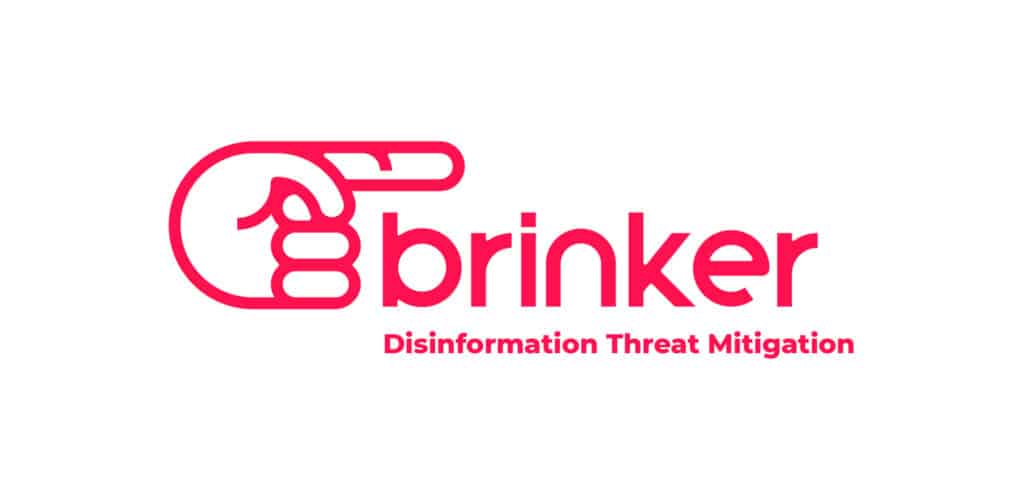One of the notable trends in recent years has been the drive, among malicious actors, to compromise devices in new- and hard-to-detect ways. An area of interest and exploration is malicious software that can attack a computer’s BIOS – the small bit of code that runs when a computing device is first powered on. BIOS malware is so powerful because it offers adversaries the possibility of getting a foothold on systems prior to an operating system and the security features- and applications that run there. Successful BIOS attacks give attackers almost total control over the system they are installed on. BIOS malware isn’t a new idea. In fact, it has been around since the late 1990s, when the Chernobyl Virus was identified. That virus could wipe a machine’s BIOS, a well as the contents of its hard drive. But BIOS threats have been getting more attention lately. Proof of concept malware appeared as recently […]
Tag: hacking
IPMI Insecurity Affects 200k Systems
It has been almost a year since security researcher Dan Farmer first warned of the danger posed by Intelligent Platform Management Interface (IPMI) – a ubiquitous protocol used to do remote management of servers. According to a new report, however, that warning went unheeded. Writing last week (PDF), Farmer said that a world-wide scan for systems using the Intelligent Platform Management Interface (IPMI) protocol identified over 230,000 Baseboard Management Controllers (BMCs) exposed to the Internet. As many as 90% of the exposed systems could be compromised by exploiting what Farmer characterized as “basic configuration and protocol weaknesses.” Even more worrying, the 230,000 systems that are Internet accessible are probably just a fraction of all the vulnerable systems that might be attacked, with many deployed on (hackable) corporate and private networks. Farmer is reiterating calls for public and private sector organizations to wake up to the dangers posed by IPMI. Hackers who are able to compromise Baseboard Management […]
Gameover Not The End: Zeus Malware Still Threatens Fortune 500
Prolexic, a division of Akamai, issued an advisory to Fortune 500 firms on Monday about what it calls “a high-risk threat of continued breaches from the Zeus framework.” The company’s Security Engineering & Response Team (PLXsert) said on Monday that it has observed new payloads from the Zeus crimeware kit in the wild, and that networks of Fortune 500 companies are a prime target. Cyber crime groups are using Zeus to steal login credentials and gain access to web-based enterprise applications, as well as online banking accounts, Akamai warned. “The Zeus framework is a powerhouse crimeware kit that enterprises need to know about to better defend against it,” said Stuart Scholly, senior vice president and general manager, Security Business Unit, Akamai, in a statement. “It’s hard to detect, easy to use, and flexible – and it’s being used to breach enterprises across multiple industries.” A variant of Zeus, Gameover, was the subject […]
Report: Hell is Unpatched Systems
One of the ‘subplots’ of the Internet of Things revolution concerns embedded devices. Specifically: the tendency of embedded devices to be either loosely managed or – in some cases – unmanageable. The future holds the promise of more, not fewer of these. That’s the gist of a piece I wrote for InfoWorld, and that you can read here. In short: we’re already seeing the beginning of a shift on the threat landscape. While attacks against traditional endpoints (like Windows desktops, laptops and servers) are still the norm, there are more stories each day about cyber criminal groups and malicious actors who are compromising non-standard endpoints like home wifi routers. In March, for example, the security consultancy Team Cymru identified a botnet consisting of some 300,000 compromised home routers and other in-home devices. The virus called “TheMoon” was also identified spreading between vulnerable home routers and other embedded devices. The […]
Car Makers, Suppliers Going Their Own Way On Security
I was surprised to see a big feature story over at CNN.com this morning – given that the security of connected vehicles has no obvious link to LA Clippers owner Don Sterling, the on-going shakeup at the Veterans Administration or a tornado or other natural disaster. Still – there it is: “Your car is a giant computer – and it can be hacked.” The feature, by Jose Pagliery is solid enough – though it doesn’t break much new ground. He mentions the research by Chris Valasek and Charlie Miller at The Black Hat Briefings last year. He also talks to the folks over at Security Innovation. [Want more on security and connected vehicles? Check out our video: Insecure At Any Speed: Are Automakers Failing The Software Crash Test? ] The big take-away: automobiles are rife with old and outdated software and hardware, much of it lacking even basic security features like secure communications […]






